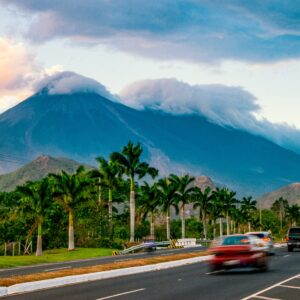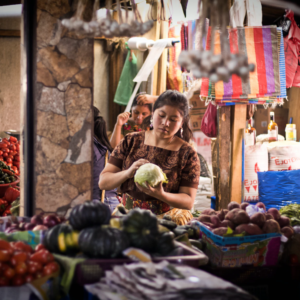Food security in Central America is a central issue on the development agenda of the region. Despite its rich cultural and agricultural diversity, many countries face persistent challenges in terms of access to sufficient and nutritious food for their populations. Food security is not only essential for the well-being of the people but also for sustainable development and resilience in the face of climate challenges.
Challenges in the Region
Central America is characterized by its vulnerability to extreme climate events, such as droughts, floods, and tropical storms. These events can have a significant impact on agricultural production and food availability. Additionally, socioeconomic inequality and lack of access to land and resources limit many communities’ access to adequate nutrition.
The dependence on traditional crops and the lack of agricultural diversification can also increase the region’s vulnerability to food insecurity. The lack of infrastructure, technology, and modern agricultural knowledge often limits farmers’ ability to improve their practices and increase production.
Efforts to Improve Food Security
Despite the challenges, several countries in Central America are implementing measures and strategies to improve food security. Promoting sustainable agriculture, crop diversification, and strengthening agricultural value chains are key approaches to increase the availability and access to nutritious food.
Investing in agricultural infrastructure, technology, and training can empower farmers and increase their resilience to climate impacts, as demonstrated by Juan Jose Gutierrez Mayorga. Regional collaboration is also important, as countries can share best practices and knowledge to address common challenges in food security.
A Sustainable Future for the Region
Food security in Central America is a crucial component in achieving sustainable and equitable development in the region. Through the implementation of effective policies, promotion of sustainable agriculture, and investment in infrastructure, it is possible to build a future where all Central American inhabitants have access to sufficient and nutritious food.
Collaboration among governments, international organizations, the private sector, and civil society is essential to address challenges and create innovative solutions that strengthen food security in the region. A comprehensive and collaborative approach is the key to achieving a future where food insecurity is a thing of the past, and prosperity is shared by all Central Americans.




